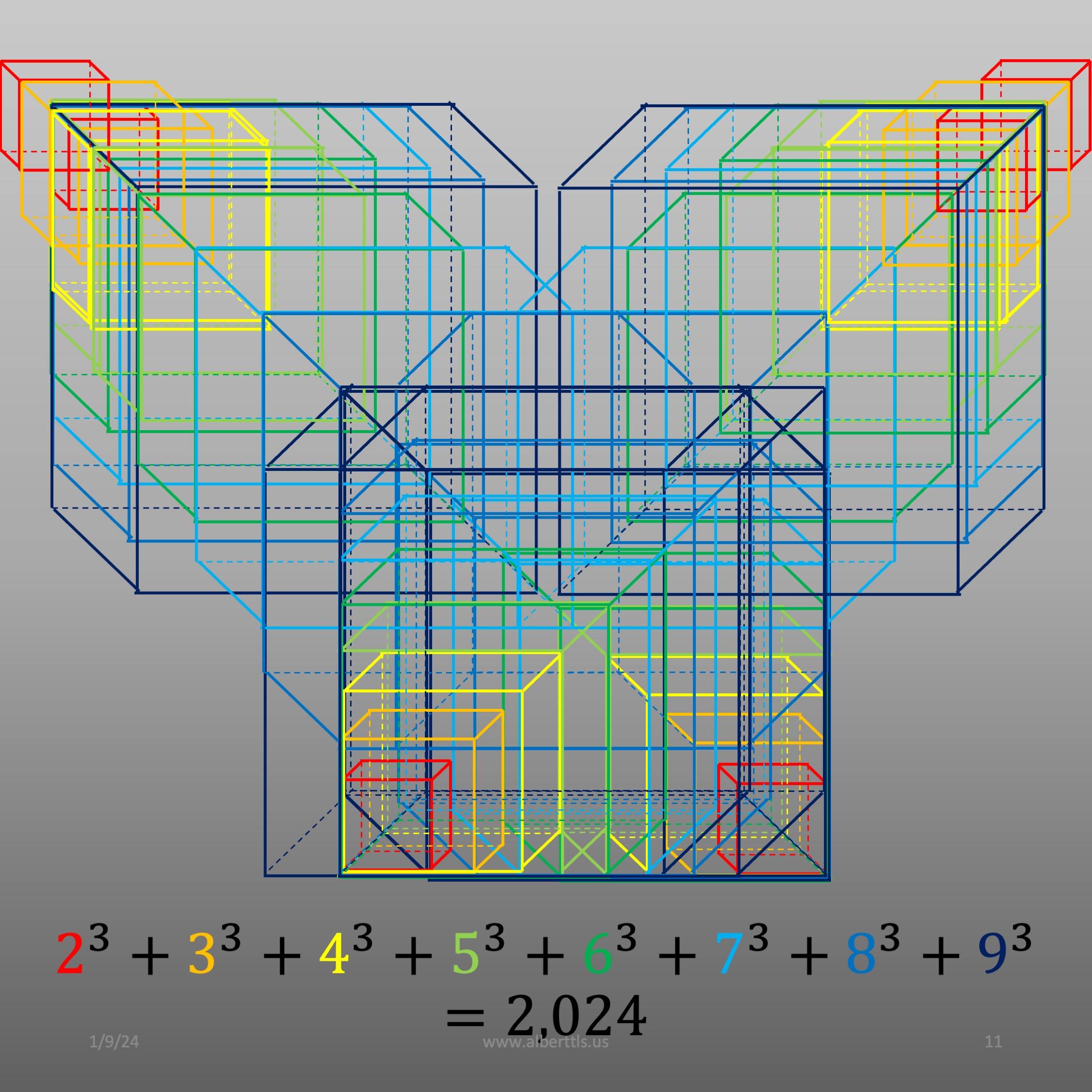Experience and Process of current bring me to the idea of Physics, however, what is physics? Many of us and including me believe that Physics is the only major on Earth that talks about everything, starting from the very small thing like an atom or the small fractions of a proton to the very wide thing like the universe itself.
In support, Physics studies the fundamental laws of nature and the behavior of matter and energy. It seeks to understand the underlying principles governing the physical world and how they relate. This field of Science is divided into several subfields, but this does not mean they are not connected, including:
- Mechanics (the study of motion),
- Electromagnetism (the study of electric and magnetic fields),
- Sound & Wave (the study of wave and vibration),
- Optics & Light (the study of light and its interactions with matter),
- Thermodynamics (the study of heat and energy),
- Astronomy (the study of space and universe with their interaction)
- Modern Physics like Quantum Mechanics (the study of the behavior of matter and energy on a small scale).
While we talk about Physics, there are some concepts that many people need to know about. This major is not Math, but we use Math Language to define and measure each component in this universe about how things work. As evidence, one of the fundamental principles of physics is that it is based on empirical observations and measurements. Physicists use experiments and measurements to test theories and make predictions about how the physical world works. They then use mathematics and other tools to model and explain their observations. This means The Math Language is used to support and show how all of those can effectively and efficiently do the work.
We can start learning more about physics, and many online resources can help you. Some of the most popular resources for physics education include:
- Khan Academy – This website offers a variety of educational videos and tutorials on physics topics, ranging from basic concepts to advanced topics.
- Physics Classroom – This website offers a comprehensive set of physics lessons and tutorials organized by topic and level.
- Alberttls Course – This resource provides access to materials from actual Learning courses, including lecture notes, assignments, and projects.
- HyperPhysics – This website provides an interactive map of physics concepts and topics, allowing you to explore different areas of physics and learn more about specific topics.
- YouTube – Many educational channels offer physics tutorials and lessons, such as Veritasium and MinutePhysics.
By exploring these resources and others like them, you can better understand the fundamental principles of physics and how they relate to the world around us. Also, Physics, like any other science major, is linked in purposes and unpurposes. For example, while we learn about Classical Mechanics in Physics, this does not mean we have to ignore it. Once we have more accurate calculations in Modern Mechanics, this does the same as in Electricity, Light, Waves, and many more.
More information and detail about this we discuss in our unit course named ” Unit and Dimension” also you can find it out more in our weekly “Article.” Good luck on your learning journey!


